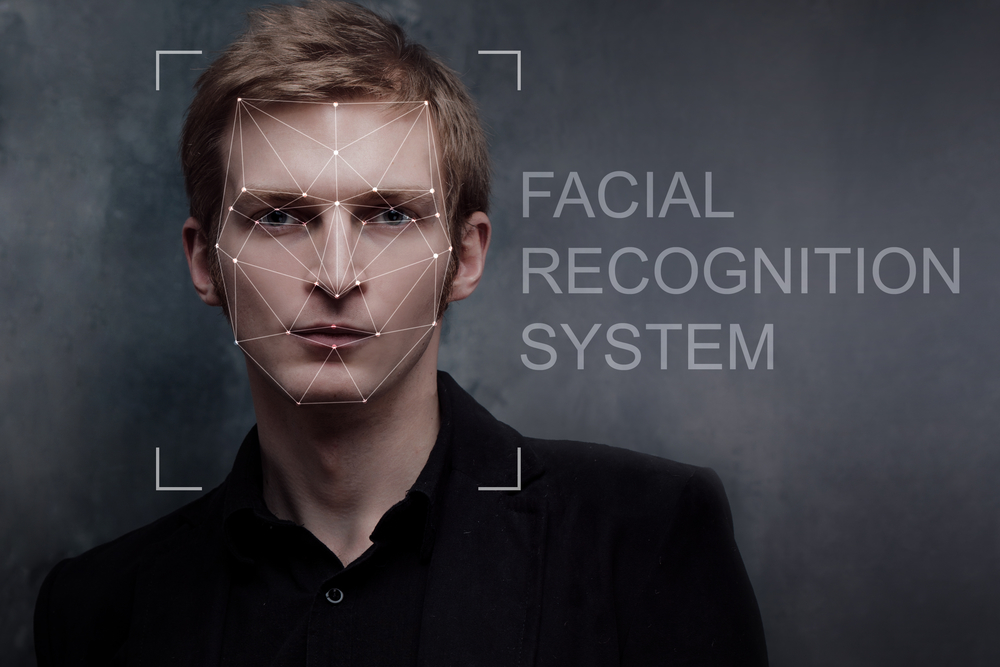Detect security gaps
Hacking, malware, darknet - the triumph of the Internet has its dark side. Security on the Internet is a topic that students of computer science at the Lucerne University of Applied Sciences and Arts also deal with in the module "Information Security".

On the public "Live Hacking Marketplace" in Rotkreuz, students from the Lucerne University of Applied Sciences and Arts will present their work, for which they have identified security vulnerabilities in computer systems and are now trying to exploit them. Four projects will be presented in more detail:
Vulnerabilities in the "Internet of Things": The term "Internet of Things" describes the trend to connect more and more devices to the Internet, be they power meters, surveillance cameras or pacemakers. Security is often criminally neglected in the process. A live hacking team is trying to find security gaps in such devices. Theoretically, it would be possible for the students to manipulate a gas pump, for example, or to watch someone else's surveillance camera.
Outsmart face recognition: Intelligent cameras will soon be able to recognize criminals in a crowd thanks to facial recognition. And cell phones will only be unlocked if they recognize the user's face. But is a beard enough for criminals or a good photo of the user held up to the smartphone camera enough for a cell phone hacker to confuse the computer? A live hacking team puts it to the test.
Cracking "keyless cars" in just a few seconds: More and more cars no longer use conventional keys to open the door and start the engine, but radio keys instead. However, with appropriate devices, the signal they send can be intercepted. This allows unauthorized persons to open these so-called keyless cars and drive off. For security reasons, manufacturers have therefore limited the range of the radio keys. A live hacking team is now trying its hand at car theft and wants to circumvent this problem with technical aids.
Spicy files on hard disks: Many used hard disks are resold. The previous owners assume that the data they deleted is really no longer there. But is that really the case? A live hacking team wants to show that it is easy for experts with the right tools to get hold of supposedly deleted data - be it relatively harmless vacation photos or tax documents or password lists.
The "Live Hacking Marketplace" on the Zug-Rotkreuz campus is open to the public and free of charge (please register by mail: andrea.meier@hslu.ch, m.zimmermann@hslu.ch). Date/Location: May 24, 2018, 6:00 p.m. to approx. 8:00 p.m., Venue: Lucerne University of Applied Sciences and Arts - Computer Science, Suurstoffi 12, S12.003, 6343 Rotkreuz









